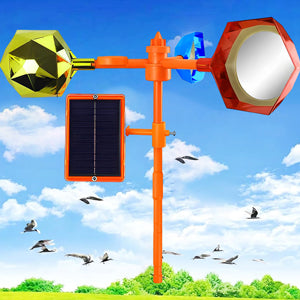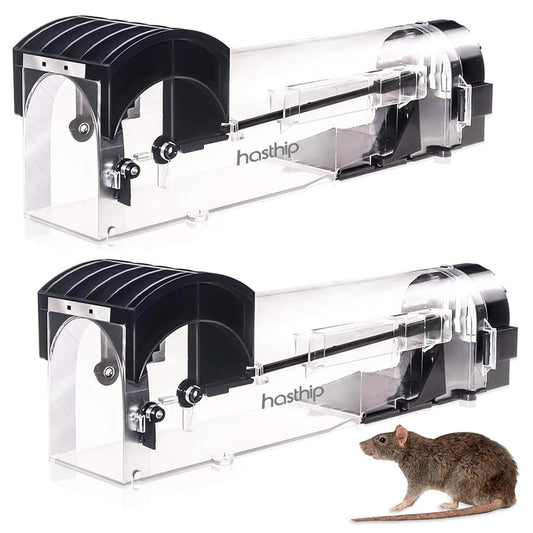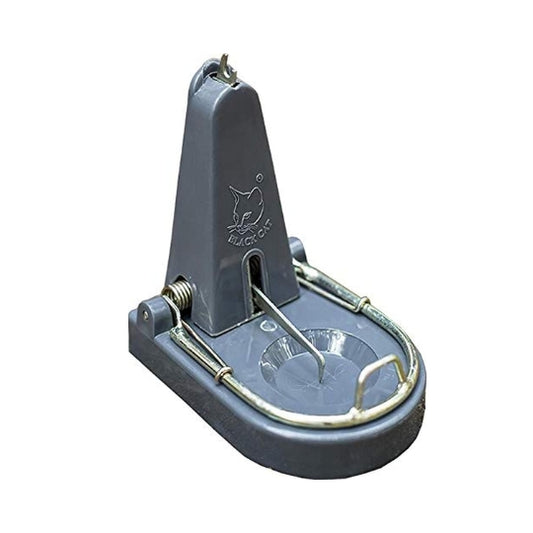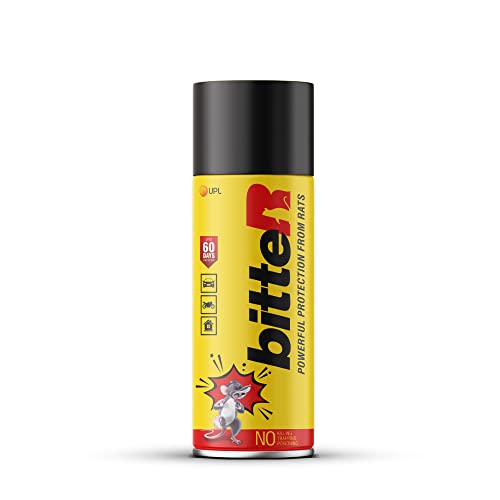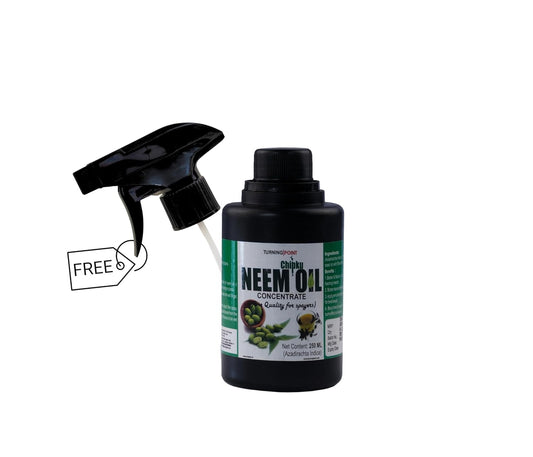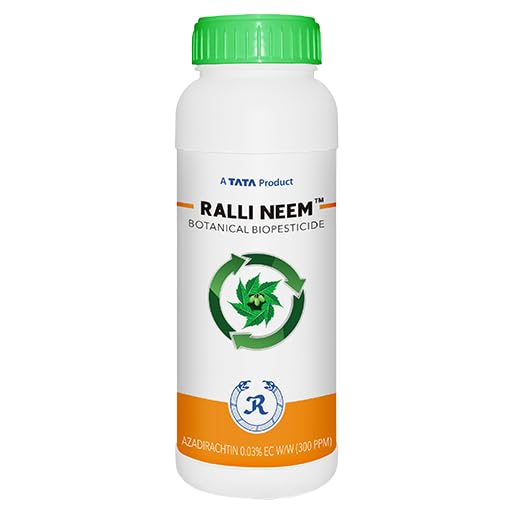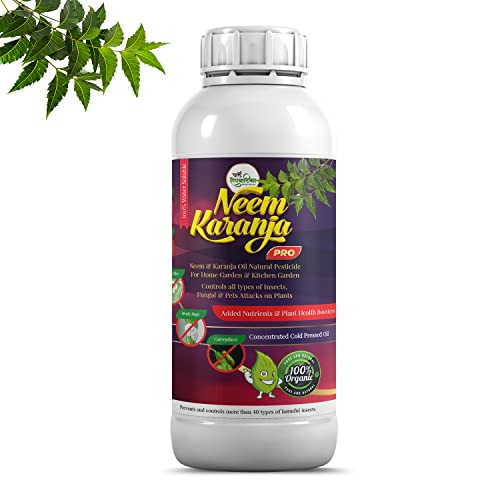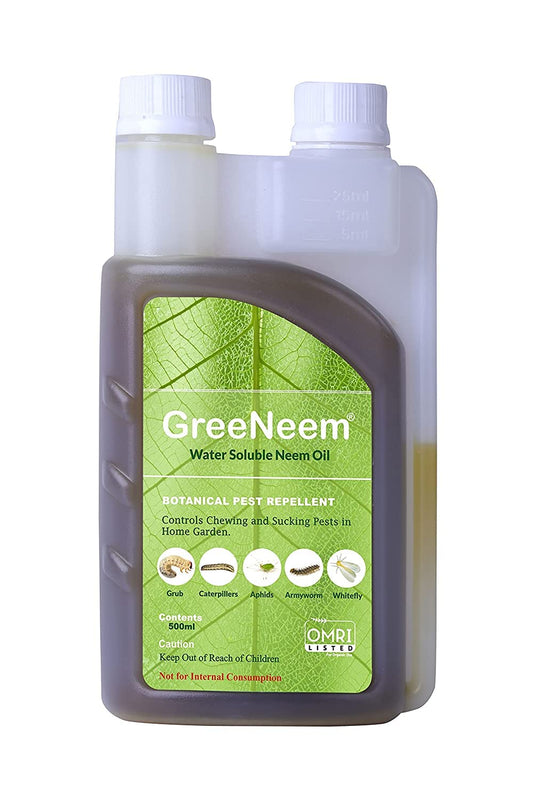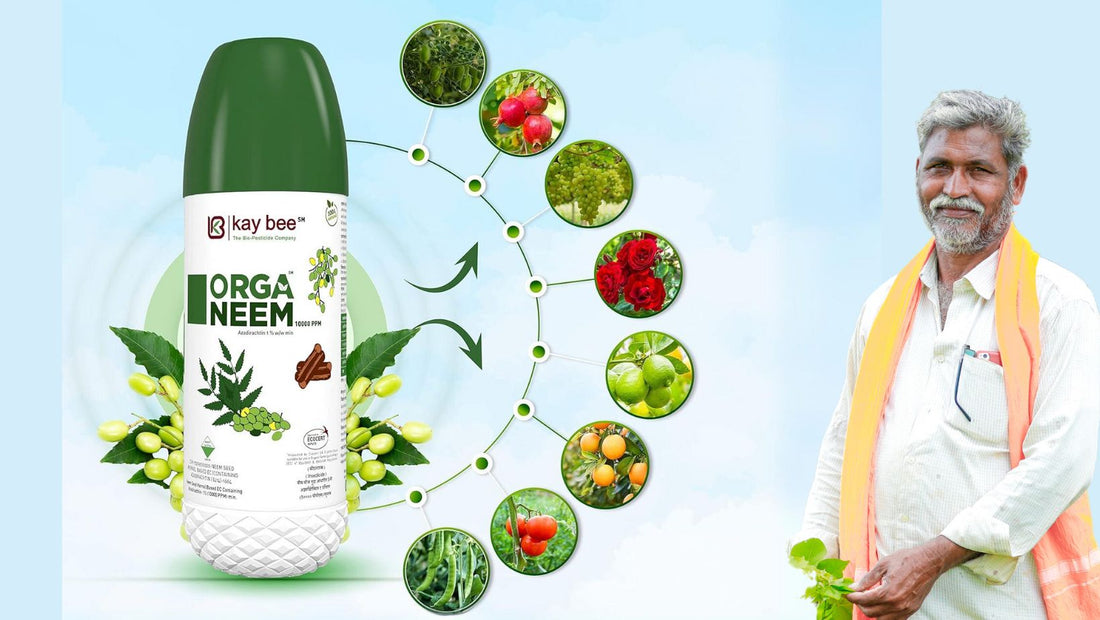
Combating the Persistent Pest Problem: A Comprehensive Guide for Farmers and Gardeners
Share
Pests pose a significant challenge to farmers and gardeners of all scales, from large commercial operations to backyard kitchens and hobby gardens. These unwelcome visitors can wreak havoc on crops, causing substantial yield losses and economic damage. Regardless of the season, the threat of pest infestations looms large, making it crucial for those involved in agriculture to implement effective pest management strategies.
Monitoring and Suppressing Pest Populations
Fortunately, a range of pest management techniques can be employed to monitor and suppress pest populations, helping to safeguard crops and maintain healthy gardens. Cultural practices, such as crop rotation and sanitation, can play a vital role in preventing pest infestations. Sticky traps, light traps, and pheromone traps can be utilized to monitor pest activity and provide valuable insights into pest populations.
The Role of Neem Pesticides in Pest Control
Neem pesticides have emerged as a valuable tool in the fight against pests. Derived from the neem tree, Azadirachta indica, neem pesticides offer a natural and eco-friendly alternative to synthetic pesticides. Their active ingredient, azadirachtin, exhibits a range of insecticidal, antifeedant, and growth-regulating properties, effectively deterring and controlling a variety of pests.
Understanding Neem Oil Formulas
Neem oil formulas vary in their azadirachtin content, ranging from 1500 ppm to 100,000 ppm. It is essential for farmers and gardeners to understand the differences between these formulations and select the appropriate product for their specific needs. Neem oil products with higher azadirachtin concentrations offer more potent pest control effects.
Azadirachtin Insecticides: A Distinct Category
It is important to note that azadirachtin insecticides are not the same as neem oil formulations. While both contain azadirachtin, azadirachtin insecticides are formulated according to guidelines established by the Central Insecticide Board of India and are specifically approved for use in organic farming.
Adopting Biopesticides with Caution
When using biopesticides, such as neem oil formulas, it is crucial to exercise caution and follow recommended application guidelines. Biopesticides, while less harmful to the environment compared to synthetic pesticides, can still have adverse effects on non-target organisms if used improperly.
Conclusion
The effective management of pests is an ongoing challenge for farmers and gardeners worldwide. By implementing a combination of preventive measures, monitoring techniques, and the judicious use of neem pesticides, individuals can safeguard their crops and gardens, ensuring sustainable agricultural practices.







